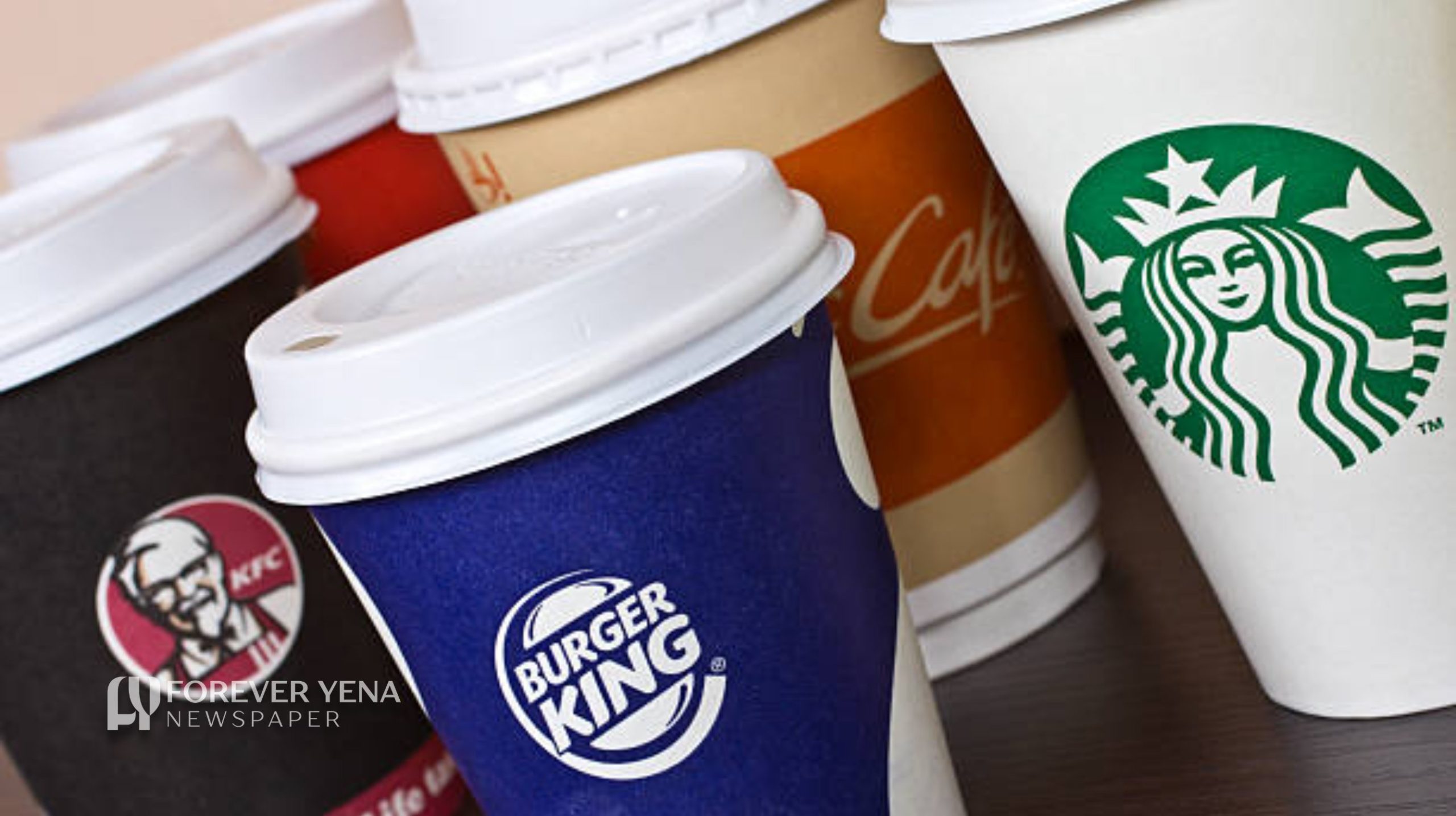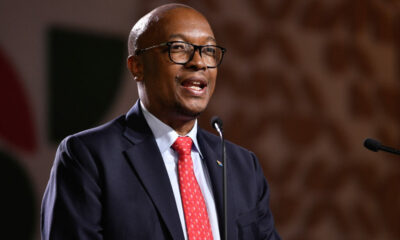Business
US Tariffs Put Pressure on Big-Name Franchises in South Africa

American Fast Food Faces Tough Choices as US Tariffs Hit SA
A New Chapter of Trade Tension Reaches the High Street
South Africans might not immediately connect international trade policy with their next fast food meal. But the ripple effects of global politics are about to be felt right at the drive-thru window and not just for those craving a McDonald’s cheeseburger.
Thanks to a recently signed executive order by US President Donald Trump, a sweeping 30% import tariff on South Africa is set to go live on Thursday, 7 August, and the implications reach far beyond mines and manufacturers.
In a country already grappling with high inflation, load shedding, and a tightening job market, this tariff escalation could be the tipping point for several American franchises operating locally and a potential pivot point for homegrown brands.
What the Tariffs Really Mean for US Brands in SA
Nedbank Retail Services has sounded the alarm on what the new tariffs could mean for franchise operators across South Africa, particularly those tied to US parent companies like Burger King, McDonald’s, and Starbucks.
“These brands rely heavily on speciality imports from the US to maintain their unique product offerings,” said Karen Keylock, National Manager for Retail Services at Nedbank. “If they suddenly have to pay 30% more for those goods, it’s going to hit both their pricing and their margins.”
It’s not just about ingredients or packaging either, Keylock warned that the entire franchise model could come under pressure, especially with royalties and franchise fees paid in US dollars.
As the rand weakens further, those fees become significantly more expensive, compounding the cost burden and potentially stalling expansion plans across the country.
Consumers Will Feel It Too
While much of the trade conversation has focused on exporters, particularly in agriculture and automotive sectors, the local retail scene is quietly bracing for impact.
South African consumers, especially middle-income earners who frequent chain restaurants and coffee shops, may soon see price hikes or menu changes as brands adjust to the new cost realities.
And in a country where consumer confidence is already low, anything that chips away at disposable income is bad news for the broader economy.
“This is bad news for the whole retail sector,” said Keylock, “but particularly for franchising, which relies on strong middle-class spending power.”
A Silver Lining for Local Brands?
Here’s where things get interesting: while American franchises might be scrambling to maintain margins and supply chains, local champions like Nando’s, Chicken Licken, and Steers/Debonairs may find themselves in a stronger position.
With fewer dependencies on US supply chains and a better understanding of the local consumer, these brands could gain market share, especially if international competitors are forced to compromise on quality, raise prices, or slow down expansion.
And it’s not just South African names that could benefit. Some global brands might choose to invest in local production facilities or source products domestically, opening new doors for South African suppliers.
“In our experience, South African and international businesses are resilient,” said Keylock. “Many are already looking at ways to adapt by restructuring supply chains or building new relationships in more trade-friendly regions.”
Where’s the Government in All This?
While Nedbank’s business clients are already pivoting and planning, the same can’t be said for South Africa’s political leadership.
The government has promised a “package of interventions”, but as of now, there are few details and no immediate support mechanisms for affected businesses.
And according to Keylock, that’s a serious problem. Without proactive government support or relief, many businesses may face a difficult uphill battle in the months to come.
Social Media and Industry Response
Unsurprisingly, #TariffTrouble and #SupportLocal have begun trending on platforms like X (formerly Twitter), with some users calling for a boycott of American brands in solidarity with local businesses.
One tweet read:
“If McDonald’s is hiking prices, maybe it’s time to go back to Chicken Licken anyway. Let’s keep it local.”
Others, however, voiced concern over job security in multinational franchises and called on the government to step up with a clear plan before the August 7 deadline.
Adaptation or Attrition?
The clock is ticking. The US tariffs may be a political play on the global chessboard, but their impact is real and local, from franchise managers in Sandton to café customers in Durban.
Businesses, especially in the franchise space, are entering a period where adaptability will determine survival. Whether it’s pivoting to local suppliers, reworking expansion plans, or investing in in-market production, the pressure is on.
What’s clear is that change is inevitable. Whether it hurts or helps South Africa’s retail ecosystem will depend on how fast and how smart businesses and policymakers can respond.
{Source: The Citizen}
Follow Joburg ETC on Facebook, Twitter , TikTok and Instagram
For more News in Johannesburg, visit joburgetc.com



























